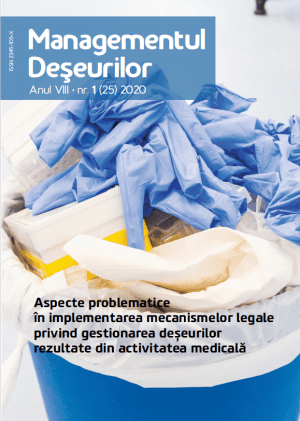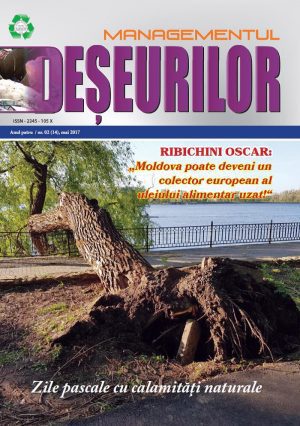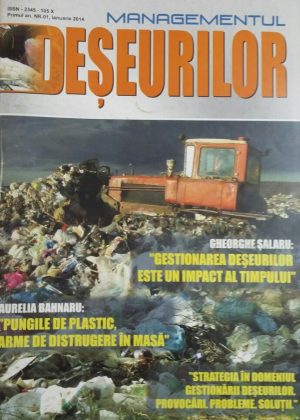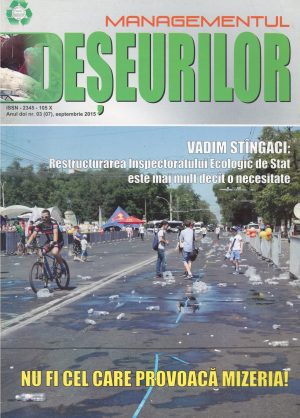Description
 Changes and additions made to the CODE OF CONTRAVENTION
Changes and additions made to the CODE OF CONTRAVENTION
In order to adjust Law no. 209/2016 on waste and ensure the application of the provisions of art. 65, according to which, "Failure to comply with the provisions of this law and the normative acts approved under this law attracts, as the case may be, contraventional liability, civil or criminal, according to the law"...
 Stricter rules on waste transfers!
Stricter rules on waste transfers!
Waste traceability is the acquisition of a system to locate and follow the chronological path of a waste, identifying each of its records, from its generation until the end of its waste status, i.e. its recycling/disposal.
 Alegislative aspects regarding state ecological control in the field of MERCURY WASTE management
Alegislative aspects regarding state ecological control in the field of MERCURY WASTE management
Although the Republic of Moldova does not produce mercury, every year a series of products containing mercury are placed on the domestic market, such as: fluorescent tubes, batteries and accumulators, measuring devices. This equipment, if not treated properly, presents an increased risk to the environment.
 CONTAMINATION OF RECYCLABLE WASTE: causes and solutions!
CONTAMINATION OF RECYCLABLE WASTE: causes and solutions!
When done right, recycling is a simple and effective procedure. Conversely, contamination complicates the recycling process, forcing waste producers, operators authorized for these activities to devote more time, effort and resources to correct this problem.
 USED OILS: manage circular or we consume irresponsible?
USED OILS: manage circular or we consume irresponsible?
Law no. 209/2016 on waste stipulates as the responsibility of oil producers the appropriate management of the quantities and types of used oils resulting from oils placed on the market, including contributing financially to the fulfillment of their obligations in terms of extended producer liability.
 Project launch: "Plastic Waste in the Circular Economy: Community Solutions"
Project launch: "Plastic Waste in the Circular Economy: Community Solutions"
Starting from June 2022, the first circular and innovative project dedicated to plastic waste was launched at the national level: "Plastic Waste in the Circular Economy: Community Solutions". The project is carried out with the financial support of the Small Bags Program GEF SGP Moldova, implemented by UNDP
 Development of green skills among employees in the DASGDAD sector
Development of green skills among employees in the DASGDAD sector
The qualified labor force for the DASGDAD sector is the essential factor in the efficiency of the sector and to ensure a sustainable development, a decent living, an optimal balance with the environment. Only through qualified specialists/workers can the desired result be achieved in order to overcome the problems in the analyzed sector.
 REFILL: A New Revolution We Need Now!
REFILL: A New Revolution We Need Now!
The overproduction and consumption of single-use plastic is creating an environmental and humanitarian crisis. Globally, we use millions of tons of plastic every year, and it's becoming clear that recycling is not enough to get rid of the plastic problem.

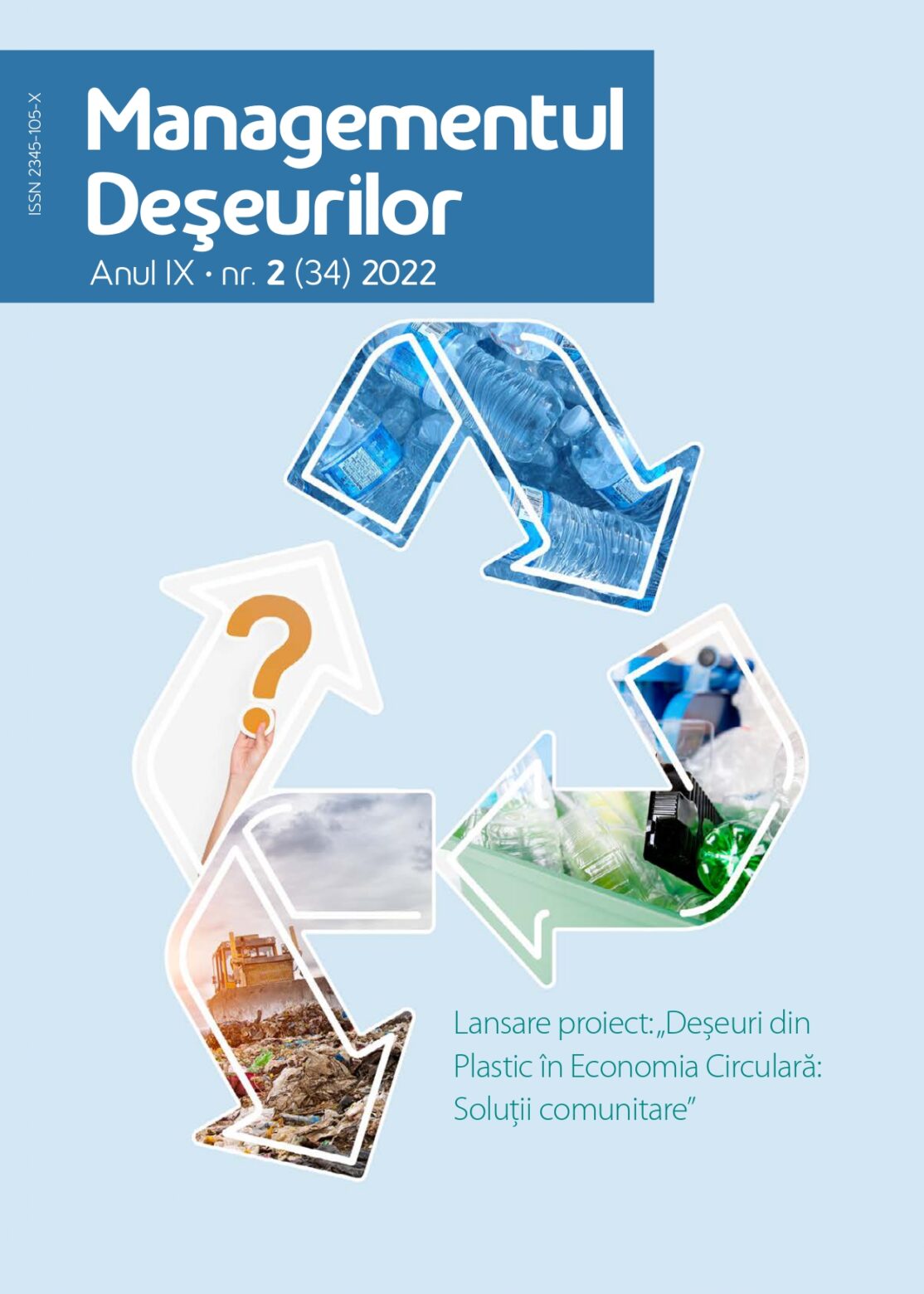
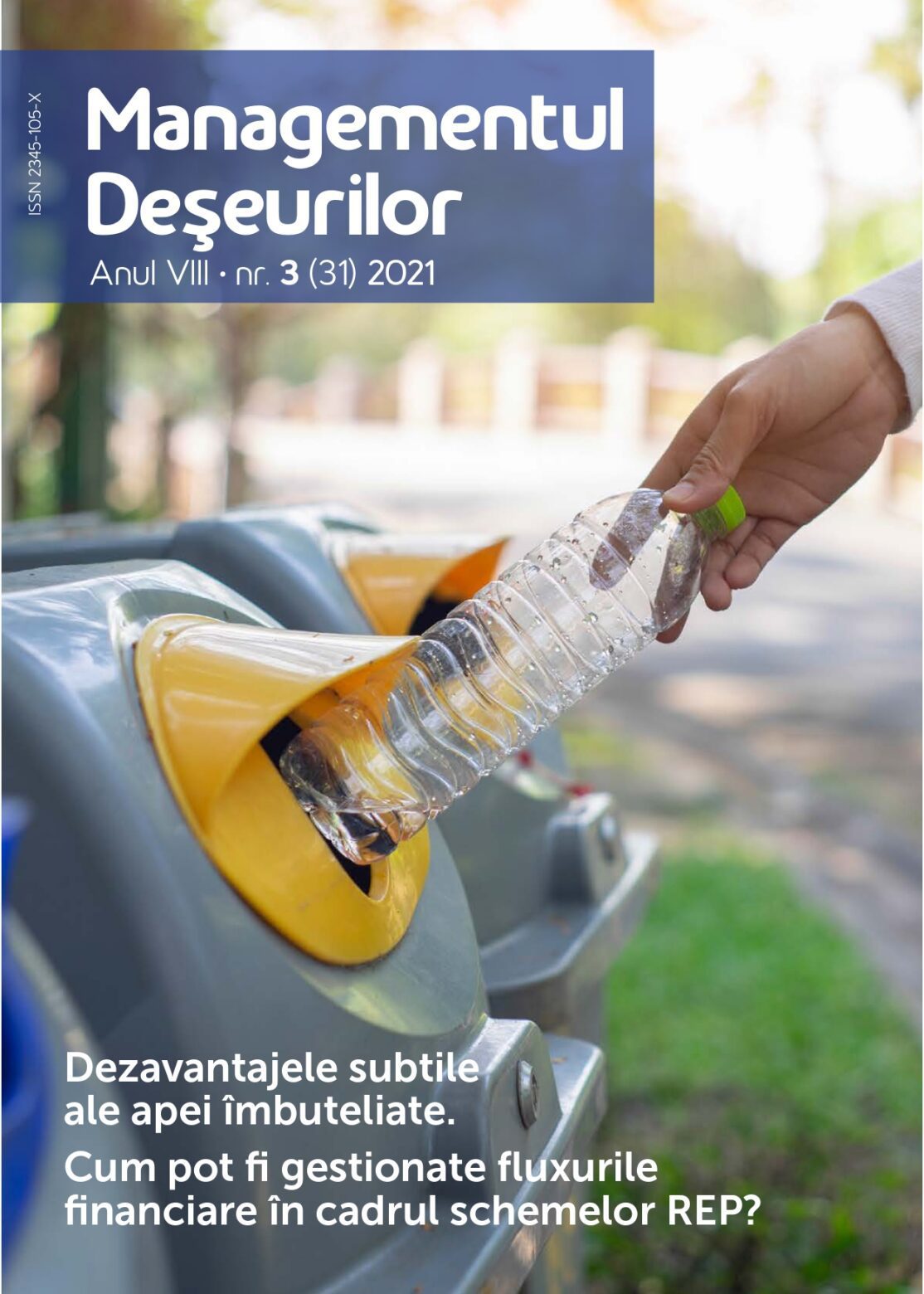
 Changes and additions made to the CODE OF CONTRAVENTION
Changes and additions made to the CODE OF CONTRAVENTION 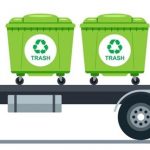 Stricter rules on waste transfers!
Stricter rules on waste transfers! Alegislative aspects regarding state ecological control in the field of MERCURY WASTE management
Alegislative aspects regarding state ecological control in the field of MERCURY WASTE management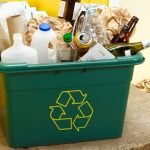 CONTAMINATION OF RECYCLABLE WASTE: causes and solutions!
CONTAMINATION OF RECYCLABLE WASTE: causes and solutions!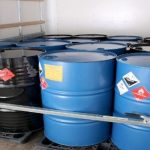 USED OILS: manage circular or we consume irresponsible?
USED OILS: manage circular or we consume irresponsible?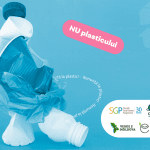 Project launch: "Plastic Waste in the Circular Economy: Community Solutions"
Project launch: "Plastic Waste in the Circular Economy: Community Solutions"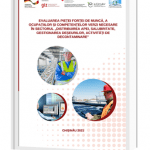 Development of green skills among employees in the DASGDAD sector
Development of green skills among employees in the DASGDAD sector REFILL: A New Revolution We Need Now!
REFILL: A New Revolution We Need Now!